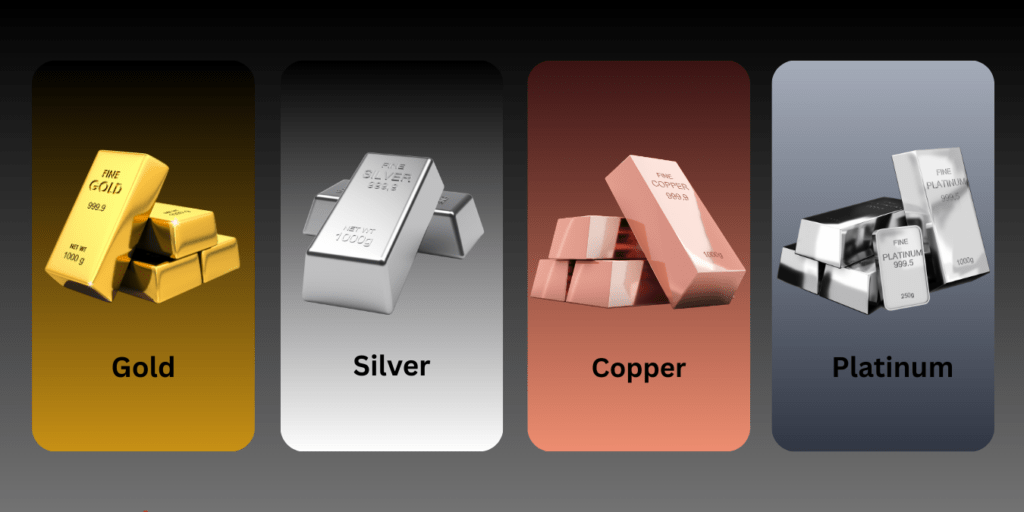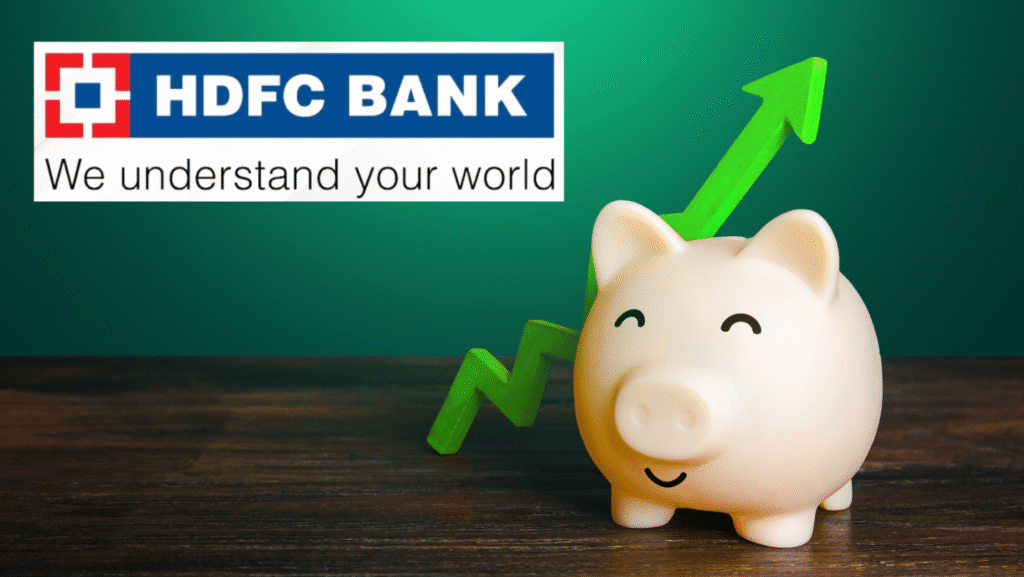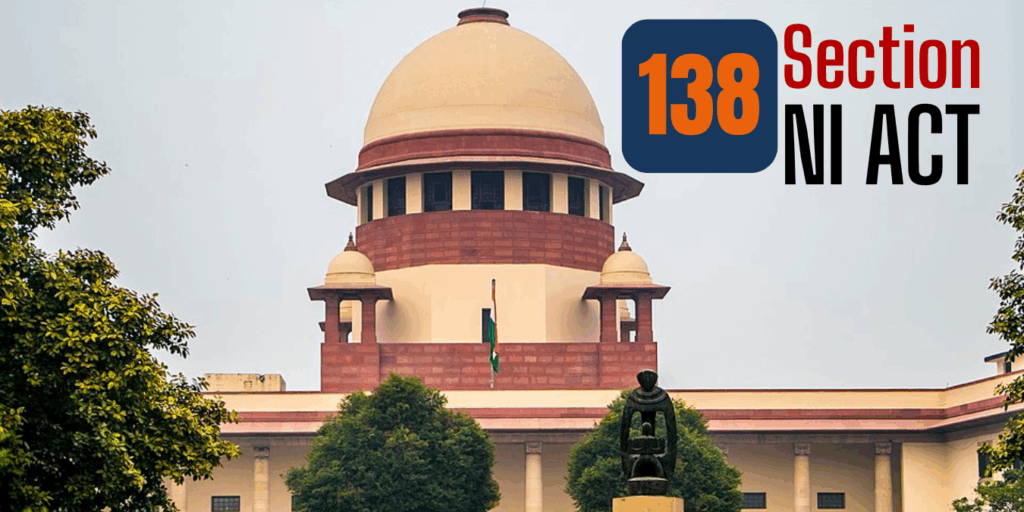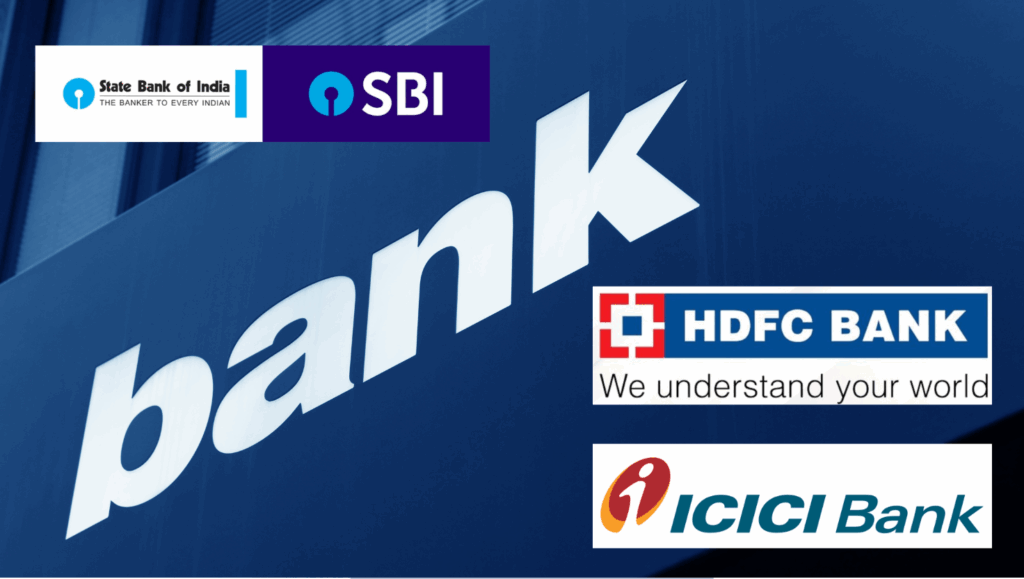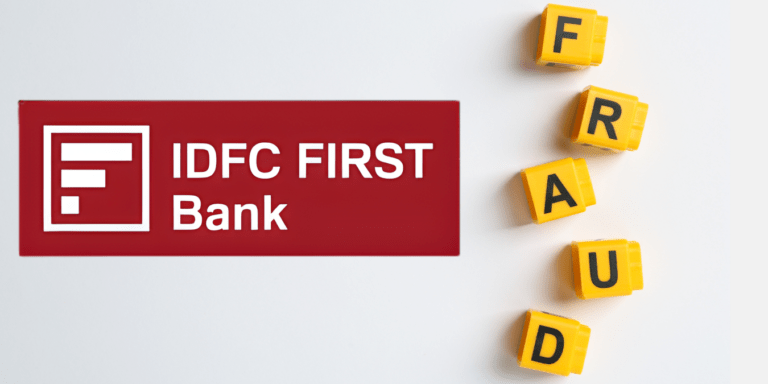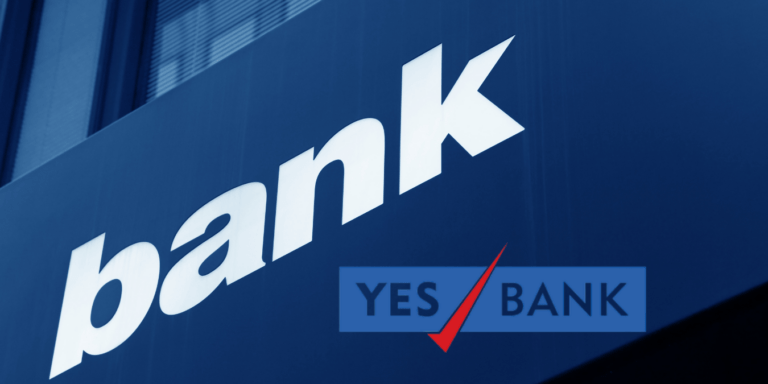
Blackstone’s Bold Move: The ₹6,196 Crore Deal That Could Redefine India’s Private Banking
Blackstone’s ₹6,196 crore surprise move to grab a 9.99% stake in Federal Bank has stunned India’s financial circles. What hidden strategy drives this bold bet? Discover how this shocking deal could quietly reshape India’s banking future—and why global giants see opportunity where others see risk.
What happens when one of the world’s largest private equity titans quietly spots opportunity in Kerala? A deal that could shift the balance of India’s banking landscape. In a blockbuster financial development this week, global investment giant Blackstone announced it would acquire a 9.99% stake in Federal Bank — a move worth approximately ₹6,196 crore ($705 million).
This isn’t just another foreign investment. It’s a signal, a story, and a strategy — all rolled into one. And for India’s fast-changing financial sector, it’s a wake-up call on how foreign capital is betting big on domestic banks that blend tradition with tech-driven transformation.
The Big Deal: What Exactly Happened?
On October 24, 2025, Federal Bank’s board approved a proposal for a preferential issue of up to 272.97 million convertible warrants to Asia II Topco XIII Pte. Ltd., a Singapore-based affiliate of Blackstone.
Each warrant is priced at ₹227 — roughly in line with the stock’s market value — and can later be converted into one equity share within 18 months. Here’s the smart part: Blackstone will pay 25% upfront and the rest upon conversion, keeping its risk measured while securing a foot firmly in India’s high-growth private banking segment.
Once fully converted, Blackstone will own 9.99% equity, becoming Federal Bank’s largest shareholder.
Why 9.99% — and Not 10%?
In banking regulation, that 0.01% sliver makes all the difference.
Under Reserve Bank of India (RBI) norms, any investor acquiring 10% or more in a bank must undergo a more rigorous “fit and proper” process, involving deeper scrutiny of sources, governance, and intent. By capping its stake at 9.99%, Blackstone keeps the deal smooth, compliant, and free from the red tape that typically delays such transactions.
Smart strategy or regulatory finesse? Perhaps both.
Federal Bank’s Rise: A Quiet Performer Turned Market Star
Federal Bank isn’t new to the spotlight, but 2025 has truly been its breakout year. Headquartered in Aluva, Kerala, the bank has built a stronghold in retail and SME lending while pushing digital innovation at a blistering pace.
In the last 12 months:
- Its stock has jumped over 20% in October alone, hitting a record high of ₹232.25.
- The lender has maintained a Capital to Risk-weighted Assets Ratio (CRAR) of 15.71%, comfortably above regulatory norms.
- Its credit-deposit ratio of 84.7% signals efficient utilization and profitability.
CEO K.V.S. Manian (who took over earlier this year) has been leading an aggressive but controlled expansion — pushing into retail, SME, and fintech alliances. Blackstone’s infusion will now fuel this ambition, bolstering the bank’s capital adequacy and giving it room to scale lending, digital products, and new-age partnerships.
What’s in It for Blackstone?
Blackstone has always had a sharp eye for India. With over $50 billion already invested across Indian real estate, tech, and infrastructure, this move is part of what the group calls its “India 3.0 strategy” — the phase of long-term ownership in domestic financial institutions.
Three things make this deal irresistible for Blackstone:
- Banking Stability: Federal Bank ranks among the most stable mid-sized private banks, with consistent earnings and disciplined asset quality.
- Digital Disruption Potential: From UPI surge to credit card partnerships, Indian retail banking is digitizing at warp speed.
- Valuation Sweet Spot: With larger banks at their P/E peaks, Federal offers value entry at scale.
And perhaps the most hidden advantage: Blackstone can nominate one non-executive director to Federal Bank’s board once it crosses 5% ownership through conversion. That means influence — without control.
The Global Context: India Is the Investment Hotspot Again
Blackstone’s play comes amid a flurry of mega foreign investments in Indian banking this year. Some of the most notable include:
- Emirates NBD’s ₹27,000 crore deal to buy a 60% stake in RBL Bank.
- Sumitomo Mitsui’s 24.2% holding in Yes Bank for ₹15,000 crore.
- Warburg Pincus and Abu Dhabi Investment Authority’s ₹7,500 crore+ infusion in IDFC First Bank.
The trend is clear: global institutional investors are locking into India’s financial ecosystem not just for short-term returns, but for long-term structural growth. Blackstone’s deal, therefore, fits perfectly into a broader narrative — foreign capital finally seeing Indian banks as growth assets, not just plays on liquidity or interest-rate cycles.
The Market’s Reaction: A Mixed Yet Optimistic Buzz
The market’s immediate response was telling. Federal Bank shares surged at open, hitting ₹232.25, before settling slightly lower at around ₹227.40 as traders booked profits. But make no mistake — the sentiment remains strong.
Analysts say this deal signals renewed trust in mid-cap private lenders. Unlike aggressive expansion-driven peers, Federal’s growth has been anchored in fundamentals and cost efficiency. Blackstone’s involvement could raise its profile with global funds and improve corporate governance perception — a powerful trigger for re-rating in the months ahead.
Between Lines: Why This Timing Is Perfect
Timing in finance is everything — and this one’s poetic.
India’s economy, projected to grow 6.8% in FY26, is entering a credit expansion cycle. Retail loan demand is soaring. MSMEs are regaining momentum. And rural credit penetration — one of Federal’s long-standing strengths — is deepening.
Meanwhile, foreign private equity is looking for safe yet scalable exposure. With large NBFCs facing funding pressures and PSU banks consolidating, mid-sized private banks like Federal are emerging as the “sweet spot” — fast enough to grow, mature enough to govern.
Blackstone saw that, and moved first.
The Deal Mechanics: Step-by-Step Breakdown
To simplify, here’s how this ₹6,196 crore deal unfolds:
| Step | Description | Amount/Timeline |
| 1 | Preferential allotment of 272.97 million warrants at ₹227/share | Approved Oct 24, 2025 |
| 2 | 25% of payment upfront | ₹1,549 crore approx. |
| 3 | Remaining 75% upon conversion within 18 months | ₹4,647 crore approx. |
| 4 | Post-conversion stake of 9.99% | Around mid-2027 |
| 5 | Right to nominate 1 non-executive director (when ≥5% stake) | Subject to shareholder approval Nov 19, 2025 |
The total fundraise will reinforce the bank’s Tier-1 capital, supporting growth across retail loans, SMEs, and digital expansion channels.
What This Means for Indian Banking
This deal’s implications stretch beyond Federal Bank. It signals three macro trends in Indian finance:
- Private Capital Deepening: 2025 has been a record year for private equity participation in Indian finance. From sovereign wealth funds to global PE firms, everyone wants a piece of India’s financial pie.
- Digital Lending Acceleration: With Blackstone’s global exposure and Federal’s fintech partnerships (especially in co-lending), expect a major digital push.
- Mid-Cap Banks Re-Rating: Investors are increasingly preferring stable, tech-aligned banks that can grow without the baggage of legacy NPAs or governance concerns.
Industry Voices: What Experts Are Saying
Financial analysts view the deal as both symbolic and strategic. Here are three interpretations doing the rounds:
- Market Analysts: “Blackstone’s stamp is a credibility booster. Expect more offshore players to follow their lead.”
- Banking Insiders: “Federal’s hybrid model — conservative credit + bold digital — appeals to global investors tired of volatility.”
- Policy Observers: “This could push RBI to rethink caps on foreign ownership thresholds, given rising institutional interest.”
The sentiment is unanimous — this isn’t the endgame. It’s the start of a new capital era for Indian private banking.
The Kerala Factor: From Backwaters to Billion-Dollar Bets
There’s poetry in the fact that a bank born in the heart of Kerala now commands global investor attention. Founded in 1931, Federal Bank once symbolized small-town prudence. Today, it represents digital-first agility.
Blackstone’s investment is not just about numbers. It’s a nod to this journey — from Aluva’s riverside offices to tech-driven dominance in India’s top 10 private banks list. It’s also a message to the market that regional banks can go global when guided by innovation.
The Road Ahead: Key Questions
- Will regulatory approvals be smooth?
RBI and CCI approvals are expected within the quarter, given the clean deal structure.- Could Blackstone increase its stake later?
Possibly — though any further hike above 10% would require regulatory clearance and shift them into “major shareholder” classification.- Will this trigger similar deals?
Highly likely. Expect more private equity interest in Tier-II private banks and small finance banks seeking growth capital.- Impact on customers or operations?
Minimal in the short run, but long-term outcomes could include more digital collaborations, innovation in personal finance products, and improved service efficiency.
What You Should Know
- Blackstone is investing ₹6,196 crore for 9.99% in Federal Bank.
- Structured through warrants convertible within 18 months.
- Federal will become better capitalized and digitally aggressive.
- Blackstone could nominate one non-executive board member once it crosses 5%.
- The deal reflects global confidence in India’s private banking ecosystem.
- Stock reaction: Slightly volatile, but long-term sentiment bullish.
- Expected closing post RBI, CCI, and shareholder approval by late Q4 2025.
Final Thought: The Smart Signal Behind This Move
On the surface, this deal looks like just another FDI headline. But if you look closer, it’s a masterclass in timing and trust. Blackstone didn’t pick the biggest bank — it picked the most adaptable one. While giants chase size, Federal Bank represents sustainable scalability, and that’s exactly what foreign capital loves in a market like India.
Consider this the start of the next banking wave — where global giants fund Indian banks, not to control them, but to co-create the future of finance. As Blackstone quietly steps into Aluva, the question for everyone else is simple: If global money is placing its smartest bet on Federal, what are you waiting to see?
Because sometimes, the real story in markets isn’t the price you pay — but what you see before the world does.
Disclaimer: The use of any third-party business logos in this content is for informational purposes only and does not imply endorsement or affiliation. All logos are the property of their respective owners, and their use complies with fair use guidelines. For official information, refer to the respective company’s website.
